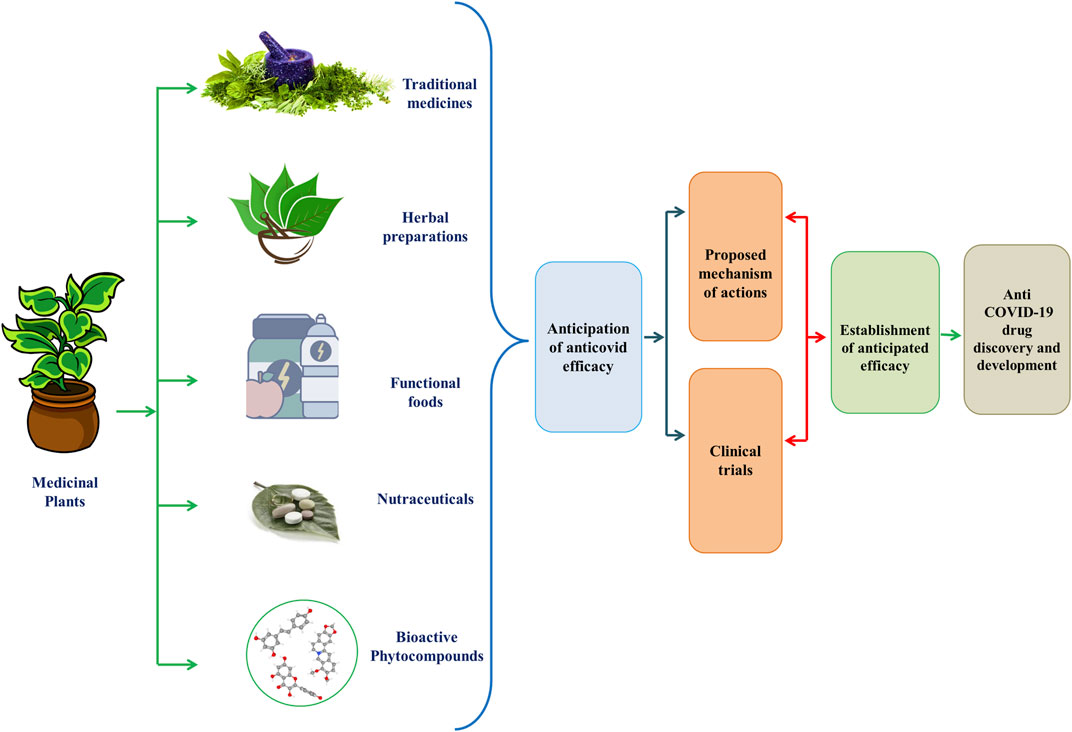Vital
wheat gluten is the natural protein found in wheat. It is derived from wheat flour through a wet extraction process that separates and concentrates the gluten.
This concentrated gluten is then dried and ground into a powder, resulting in vital wheat gluten flour. This versatile ingredient can also be used to make seitan, a vegan meat substitute.
The interesting part is that while wheat flour is high in carbs, vital wheat gluten is actually quite low in carbohydrates, making it a popular choice for those following a keto or low-carb diet. It is primarily known for its high protein content.
So, like I always say, there are so many substitutes in nature. If you cannot eat a particular food for certain reasons, you can always find a replacement.
About our previous discussions on essential fatty acids, I would like to say that persons whose doctors have prescribed omega-3 fatty acid supplements should endeavour to take them with meals containing dietary fat.
Scientific evidence suggests that people absorb omega-3 fatty acids more effectively when they take them with a meal containing dietary fat.
A 2019 review on omega-3 found that taking an omega-3 concentrate with food that contains fat increased bioavailability, making it easier for the body to absorb, while an older 2015 review of studies found that taking omega-3 fatty acids with a low-fat meal reduced absorption.
This week, I will be discussing natural substances and drug interactions. It is a good time to remind us that herbs are actually more potent than we think and that we should be mindful of the way we use them.
So, let us consider some of these natural substances and their interactions with medications:
Dairy products
There are several medications that interact badly with calcium-rich dairy foods and supplements. The culprit in dairy products is calcium. It binds with these medications, preventing them from being absorbed into the bloodstream.
Let us talk a bit about the interaction between dairy and antibiotics. Dairy products, especially milk, contain calcium, which can bind to certain antibiotics, forming insoluble compounds that are not absorbed by the body.
This binding reduces the amount of antibiotic that reaches the bloodstream and can reach the infection site, making the medication less effective. Some antibiotics are more affected by dairy than others.
Some common dairy products that you will want to avoid within a 2-hour window of taking some antibiotics include: milk, buttermilk, cheese, butter, cream, ice cream, cottage cheese, cream cheese, sour cream, ghee, kefir, condensed milk, yoghurt, whey and whey protein, and desserts made with dairy products.
Cloves
Cloves are bursting with eugenol, a substance with anti-inflammatory, antimicrobial, and anaesthetic qualities. They have been used traditionally to treat toothaches, soothe digestion, and even benefit the liver. But although the advantages are significant, so are the dangers, particularly for those taking certain medications.
Eugenol is a strong substance that also serves as a natural blood thinner. This characteristic, although desirable under certain circumstances, can be hazardous to patients using anticoagulant medications. In excess, cloves have the potential to enhance the effects of such drugs, an effect that increases the risk of bruising or internal bleeding.
In addition, because eugenol thins the blood, medical practitioners generally instruct patients to desist from clove oil or supplements containing cloves at least two weeks before undergoing any surgical operation, in order to reduce complications from compromised blood clotting.
Another less well-known issue is the effect of cloves on blood glucose levels. Research indicates that cloves can reduce blood glucose, and when taken with diabetes medications, could increase the risk of hypoglycaemia, a condition characterised by dizziness, sweating, and fatigue. Therefore, diabetic patients should be particularly vigilant and consult a medical practitioner before using cloves in medicinal amounts regularly.
Although the general culinary use of whole cloves in tea or food preparation is safe, concentrated oil of cloves and supplements must be used cautiously.
According to a medical practitioner, Erik Modlo, MD, “Combining eugenol with insulin medications may cause blood sugar levels to drop too low.”
Garlic
Garlic is known to be a blood thinner. It has the potential to increase the risk of bleeding when taken in combination with blood-thinning medications.
Vitamin K
Vitamin K is a coagulant, helping the blood to clot. If you are on blood-thinning medications, consuming too many foods with vitamin K can disrupt the effectiveness of your medications.
Turmeric
Turmeric can act like a blood thinner and may increase your risk of bleeding and bruising if taken with other blood-thinning medications.
Taking turmeric along with other diabetes medicines may cause your blood sugar to drop too low.
Researchers reported a drastic increase in the levels of a particular blood pressure-lowering medication in the body when taken with turmeric.
In a small study of people with breast cancer taking 20–30 milligrammes of a particular cancer medication daily, adding curcumin, a natural pigment that gives turmeric its yellow colour, and piperine (a compound found in black pepper) lowered the medication’s levels in the blood.
How do we go about all these without stopping the consumption of all our favourite natural substances? Let us see some suggestions:
The first thing I will recommend is that you should know your natural substances very well and the synthetic medications they can interact with. Make findings about them.
If you have to consume any dairy products, let it be 2 hours before or after you take your antibiotics.
For individuals who depend on high doses of anticoagulants, they must adjust their intake of garlic and other blood-thinning natural substances.
Consuming them in small amounts in foods is not harmful; the problem is that some people blend them and take them in large quantities.
If you are taking blood-thinning medications, you do not have to give up foods higher in vitamin K completely. Limiting them in your diet and being consistent in the portions you eat is important.
A study titled, ‘Drug Interaction with Milk and the Relevance of Acidifying/Alkalizing Nature of Food’ by A. Reis et al. concludes that drug-food interactions can influence the safety and efficiency of drug therapy.
The interactions between milk and drugs are mostly pharmacokinetic interactions. Since milk affects the absorption of drugs, a failure in the treatment can occur and there may be a need for additional treatment.
In another study titled ‘What Are the Dangers of Drug Interactions with Herbal Medicines?’, by Chrisna Gouws et al., the conclusion is that the use of herbal medicines is not without risk, and when they are administered together with allopathic medicines, it can lead to herb–drug interactions.
The outcome of these interactions ranges from negligible to life-threatening. The potential dangers associated with herb–drug interactions cannot be ignored but should be rationally managed.
Similarly, a study titled ‘Impact of Curcumin (with or without Piperine) on the Pharmacokinetics of Tamoxifen’, by Koen Hussaarts, it was concluded that the use of curcumin (with and without piperine) significantly decreased tamoxifen and endoxifen pharmacokinetics, especially in EM patients.
Therefore, patients should be advised to stop curcumin use during tamoxifen treatment or that the treatment efficacy of tamoxifen should be adequately monitored.
Provided by SyndiGate Media Inc. (
Syndigate.info
).







